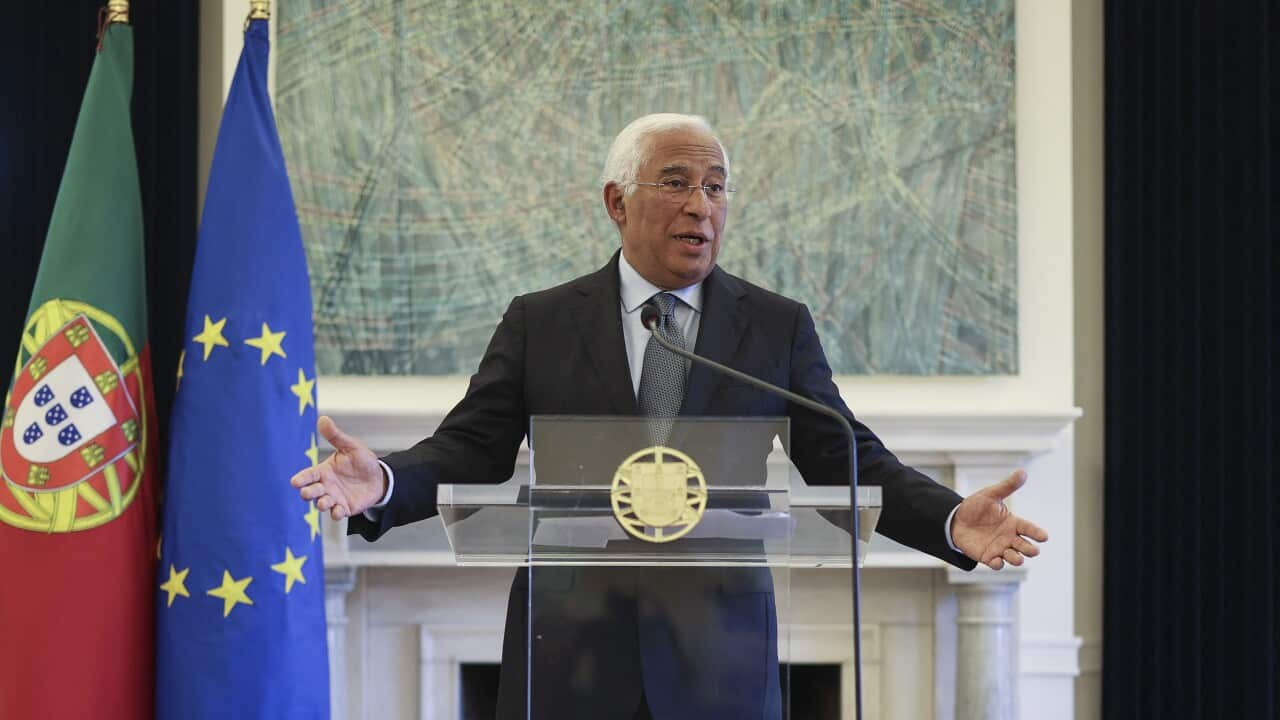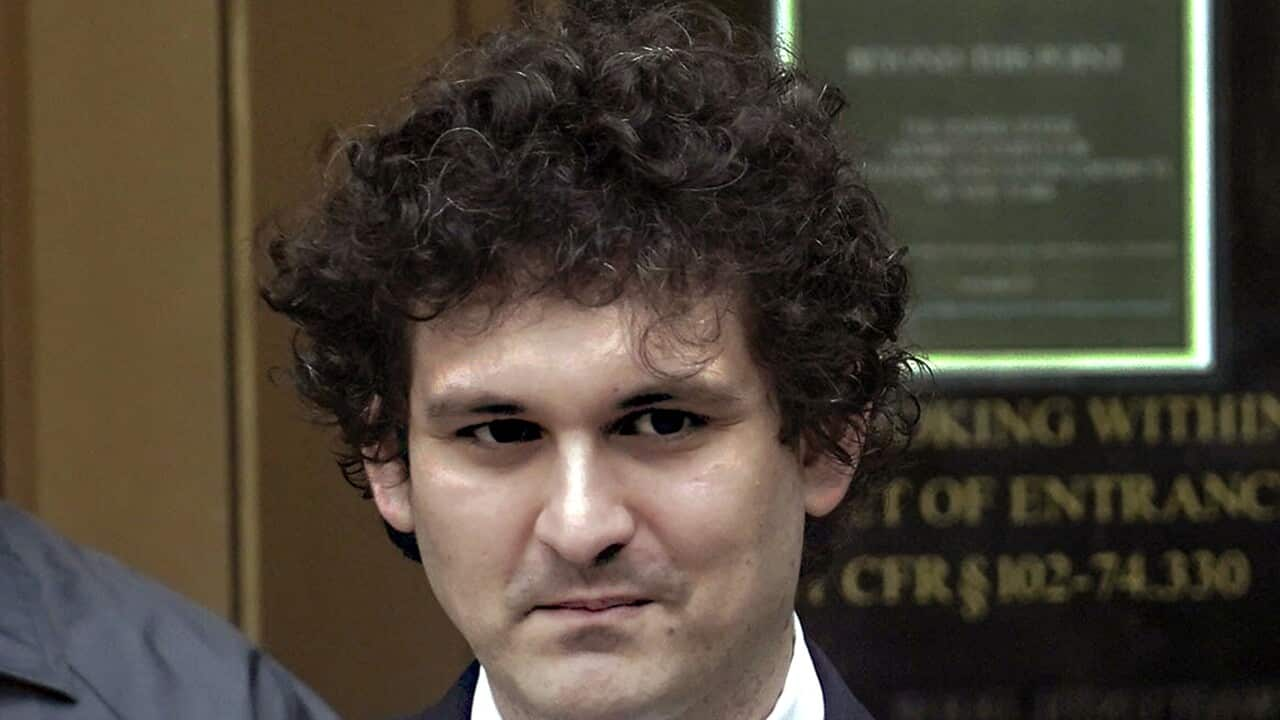Key Points
- Portuguese PM António Costa has resigned amid a corruption investigation into lithium and hydrogen projects.
- Costa cited integrity concerns as he stepped down, leaving the president to decide government's fate.
- It is the latest scandal faced by Costa’s administration since a controversy around state-owned airline TAP in January
Portuguese Prime Minister António Costa has resigned hours after prosecutors detained his chief of staff in an investigation into alleged corruption in his administration's handling of lithium mining and hydrogen projects.
Costa, who prosecutors said was the target of a related investigation, announced the decision in a televised statement after meeting President Marcelo Rebelo de Sousa.
He said his conscience was clear but he would not stand as candidate for a fourth time as premier.
"The dignity of the functions of prime minister is not compatible with any suspicion about his integrity, his good conduct and even less with the suspicion of the practice of any criminal act," Costa said on Tuesday.
It is up to the president to decide whether to allow Costa's Socialists, who have a majority in parliament, to form a new government or to dissolve parliament and call an election.
The Socialists' president, Carlos Cesar, said his party was prepared for "any scenario" while Luis Montenegro, leader of the main opposition Social Democrats, said he was ready for an early election.
Why is António Costa being investigated?
Parliament was due to vote on the 2024 budget bill later this month. There are worries the political crisis could affect the budget approval as well as the kick-off of the privatisation of the Portuguese national airline TAP.
Prosecutors are investigating alleged graft and influence peddling in the Barroso and Montalegre lithium exploration concessions in northern Portugal, a project for a hydrogen plant in the port of Sines, and a mega data centre investment there.
The prosecutor's office said five people had been detained as part of the investigation, including Vitor Escaria, Costa's chief of staff, whose offices had been searched along with several government buildings.
It also said Infrastructure Minister Joao Galamba, who previously served as energy secretary, and the president of the environment agency APA, Nuno Lacasta, were formal suspects.
Costa said he was "fully available to co-operate" with the justice system.
With more than 60,000 tonnes of known lithium reserves, Portugal has been seen as central to Europe's efforts to secure more of the battery value chain and cut reliance on imports.

Investigators searched several Portuguese government ministries and the official residence of the prime minister (pictured) as part of a probe in alleged corruption in energy contracts. Source: Getty / Patricia De Melo Moreira
Lusorecursos had no immediate comment while Savannah said it was co-operating with the authorities but the company and staff was not the targets of the investigation.
Lithium projects have faced strong opposition from local residents and environmentalists.
Advocates call for 'cancellation' of lithium projects
Portuguese anti-mining groups said Tuesday's developments were proof that mining processes had not been conducted in a transparent way, and they called for the "immediate cancellation" of all lithium projects.
Costa will remain in his job until the president's decision following Rebelo de Sousa's consultations on Wednesday and Thursday.
Since coming to power in 2015 after a debt crisis and international bailout, Costa has presided over strong economic growth during which his successive governments quashed the budget deficit and reduced the debt burden.
But Costa's last term, which started in early 2022 when his party won a surprise outright majority in a snap election, was marred by scandals, including controversies around TAP in January 2023, which led opposition parties to demand his government's resignation.











